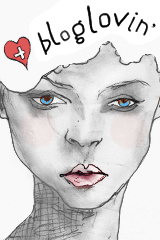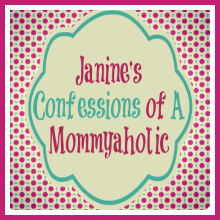Thursday, 31 October 2013
It's Not Okay
Image credits:
Left (Malala Yousafzai) Top right (Rosa Parks) Middle right ( Marion Wallace Dunlop) Bottom right (Pearl Gibbs)
This post is my last minute entry in Amnesty International Australia's 2013 Blogging Competition. The task was to submit a blog post with a human right's theme of no more than 600 words.
Writing about human rights was easy. Keeping to the word count was not. After cutting my post down to about half its original size, I have finally managed to fit what I want to say into 600 words. Exactly 600 words.
***************************************
The quest for human equality is a battle which has seen thousands lose their freedom, and even their lives, in its pursuit. We need to remember their selfless bravery and pass their legacy onto our children because, without their sacrifices, we would not enjoy so many of the rights we now take for granted. We need to remember the ones who refused to sit back and wait for justice to be done; the ones who had the courage to stand out from the crowd and say it's not okay.
We need to remember Rosa Parks, an African-American seamstress who, in 1955, was arrested in Alabama for refusing to give up her seat on a public bus to a white passenger. She consequently lost her job and received a hefty fine, but her bravery initiated a bus boycott in the state capital of Montgomery, which eventually led to a change in legislation thirteen months later, annulling segregation laws on public buses. We need to remember what Rosa did, because discriminating against people on the basis of the colour of their skin is not okay.
We need to remember Marion Wallace Dunlop, a British artist who, in 1909, became the first suffragette to go on hunger strike while incarcerated. Her strength of will became wide-spread and hunger-striking amongst suffragettes quickly became standard practice. Nineteen years later, the United Kingdom achieved universal suffrage. We need to remember what Marion did, because refusing to grant franchise on the basis of gender is not okay.
We need to remember Pearl Gibbs, indigenous Australian domestic maid turned civil rights activists who, in 1941, after years assisting young women to negotiate futilely with the Aborigines Protection Board, broadcast a speech on 2WL in Woolongong; the first ever radio broadcast made by an Aboriginal woman. In her speech, she spoke of the continual atrocities committed unto her people. Twenty-six years later, indigenous Australians were finally recognised as citizens of their own country. We need to remember what Pearl did, because treating a person as sub-human based on their ethnicity is not okay.
And we need to remember Malala Yousafzai, the Pakistani school girl who, at the age of eleven, started an anonymous blog in which she described how the Taliban had the power to prevent girls from attending school. In 2012, members of the Taliban attempted to assassinate Malala but although she remained in a critical condition, she survived and continues her fight for universal access to education. We need to support her in every way we can, because denying a person their basic human right to be educated based on their gender is not okay.
Perhaps Malala's dream will never be realised in her lifetime. Some may say that it will never be achieved at all. But we need to believe that it will because once, no-one believed the world would ever see an African-American President, a female British Prime Minister or an indigenous Australian member of Parliament. So maybe not now, maybe not yet, but one day the fruits of Malala Yousafzia's bravery will be reaped.
We need to remember these woman because they are a reminder to all of us that if we want to see real change in our world, we need to be brave enough to be the one who stands up alone - in the boardroom or in the playground, at the Parent Committee meeting or the Town Council meeting. We need to be brave enough to endure the ridicule, the loneliness and the danger of being the one who recognises the presence of injustice; the one who says it's not okay.
Subscribe to:
Post Comments (Atom)









No comments:
Post a Comment